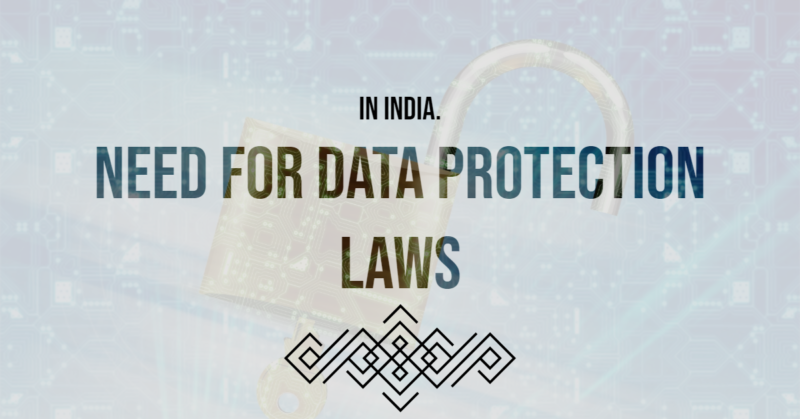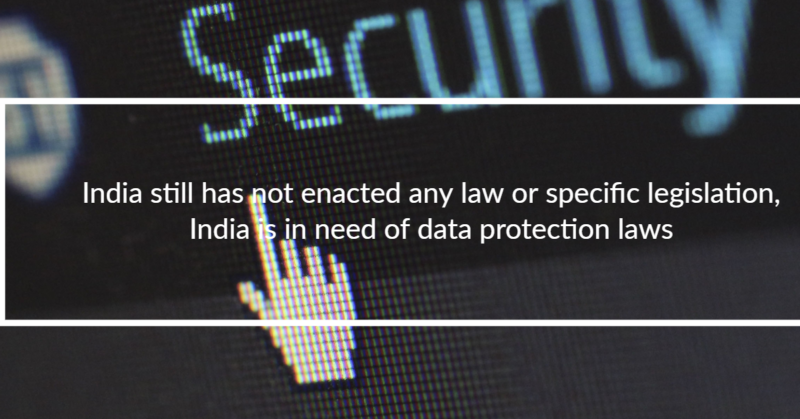Due to the extensive use of information and data, and for almost everyone being constantly connected to the internet, today’s 21st century has been described the age of information. Data analysis has become a distinct entity where analysis of a large and complex set of data is studied as a specialized science. It is known as the ‘Big Data’ analytics providing never before insights in the field of digital information.
This advanced step towards data has helped the country to get rid of societal problems relating to the areas of health, food security, transport, urban planning. It is to the point where governments are also launching specialized directed programs focused on a digital revolution like the one Government of India launched called ‘Digital India’ initiative.

The people are connected to the internet, whether it is the private sector or the public sector, both are amassing personal data which seems to be generated ceaselessly. Although this vast use of data has led the country to some beneficial conclusions like centralization of data, profiling of individuals and increased surveillance. But it has also led the people of the country to great concerns like the invasion of privacy of the individuals and the ability to impact public opinion on a pressing matter or the matter of national security.
And it is not like these negative effects are not bad as many countries have been over the years trying to come up with such strategies to counter or control the negative effects of digital aggregation. Different countries are taking up different approaches to the privacy of people and personal data. Europe has taken an approach where the privacy of an individual is their right and personal privacy is the central pillar of their method of data protection.
The US is a laissez-faire culture has taken state out of the individuals right, state has no relation with personal right of the people and there is legislation made regarding the personal data of an individual being processed by the government, in this the processing of personal data by the private sector has been left by a notice and individual choice. Whereas China has adopted a centrally controlling and dominant model where the personal data and information is being perimeter and regulated by the country by the government through legislation on the grounds of national security.
India, on the other hand, is not a part of any of the UN conventions on the protection of personal data which is just as important as the GDPR and data protection directive. But India has adopted other international conventions such as conventions of Universal Declaration of Human Rights and the International Covenant on Civil and Political Rights which recognizes the right to privacy.
But the reality is bad enough,

However, there has been some basic legislation and which are being amended according to the time like recent parliament amended the Information Technology Act (2000) (“IT Act”) to include section 43A and 72A which gives a right to compensation to the individuals when they get affected by improper disclosure of their personal information.
The Indian government also issued a new act called the Information Technology (Reasonable Security Practices and Procedures and Sensitive Personal Data or Information) Rules, 2011 (the “Rules”) under section 43A of the IT Act, Later after it’s misuse and wrong implications a clarification of the above rules was issued by the government on 24 August 2011 (the “Clarification”).
The rules have imposed additional requirements on the commercial and business entities in India relating to the disclosure and collection of personal and sensitive data or information which is similar to the guidelines provided in the GDPR and Data Protection Directives. But there’s no doubt that this personal data protection directives which were issued by the government in 2011 still face hardships in being imposed and implemented to restore the essence of data protection in this legislation.
There is still a need to come up with better plan to control and regulate the data created by people of the country privately and publicly because from this generation onwards there is going to be a large amount of data information being made ceaselessly.
